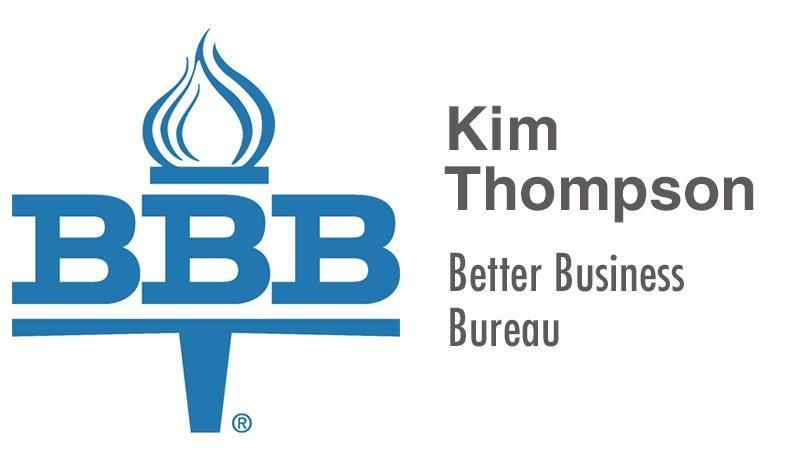Beware of a new twist on the IRS phone scam
- Kim Thompson: Better Business Bureau
- May 2, 2018
- 2275
The Internal Revenue Service is warning of a new twist on an old phone scam as fraudsters use telephone numbers that mimic IRS Taxpayer Assistance Centers to trick taxpayers into paying nonexistent tax bills. BBB and the IRS are urging taxpayers to remain alert to tax scams year round as the IRS scam remains prevalent.
In the latest version of the IRS phone scam, you get a call from a scammer claiming to be calling from a local IRS TAC office. The conman uses spoofing technology to display the TAC telephone number on your Caller ID.
If you question their demand for a tax payment, you are directed to IRS.gov to look up the local TAC office telephone number in order to verify the number they are calling from. The scammer will hang up to give you time and then call back a second time with the same phone number showing on your Caller ID. After you have "verified" the call number, the fraudster will resume their demand for money over the phone.
In other forms of the scam, criminals have spoofed the local sheriff’s offices, state Department of Motor Vehicles, federal agencies and others to convince taxpayers the call is legitimate. But IRS employees at TAC offices do not make calls to taxpayers to demand payment of overdue tax bills. The IRS typically initiates most contact with taxpayers through regular mail delivered by the United States Postal Service.
There are limited circumstances in which the IRS will call or come to a home or business such as when a taxpayer has an overdue tax bill or to secure a delinquent tax return. Even then taxpayers will generally first receive several letters or notices from the IRS in the mail.
The IRS will not demand that you use a specific payment method such as a prepaid debit card, gift card or wire transfer. The IRS will not ask for your debit or credit card numbers over the phone. If you owe taxes, make payments to the United States Treasury or review www.IRS.gov/payments for IRS online options.
The IRS will not demand that you pay taxes without the opportunity to question or appeal the amount stated you owe. Generally the IRS will first mail you a bill if you owe any taxes.
The IRS will not threaten to bring in local police, immigration officers or other law enforcement to have you arrested for not paying. The IRS cannot revoke your driver’s license, business licenses or immigration status. Threats like these are common tactics scam artists use to trick victims into buying into their schemes.
Consumers who receive any IRS impersonation scam should report it to the Treasury Inspector General for Tax Administration at www.treasury.gov/tigta/contact_report_scam.shtml.
You also can report tax scams to the IRS by emailing phishing@irs.gov with the subject line “IRS Phone Scam” and to the BBB at www.bbb.org/scamtracker/canton.
Visit www.bbb.org/canton or call 330-454-9401 to look up a business, file a complaint, write a customer review, report a scam with Scam Tracker, read tips, follow us on social media and more.

